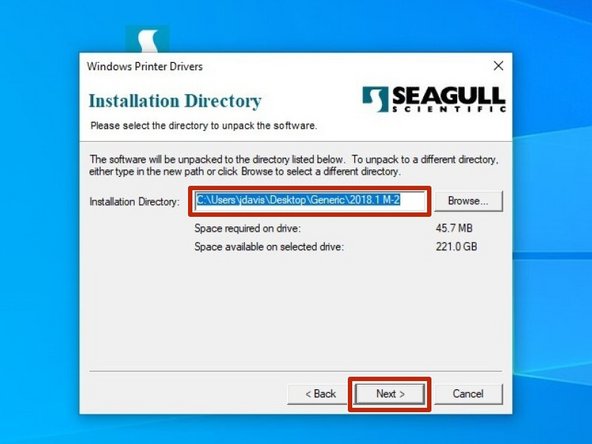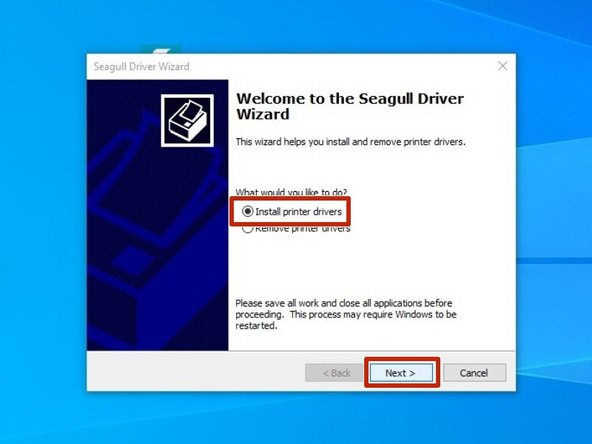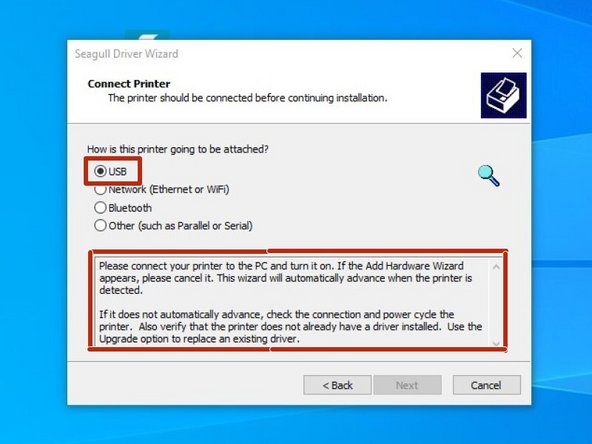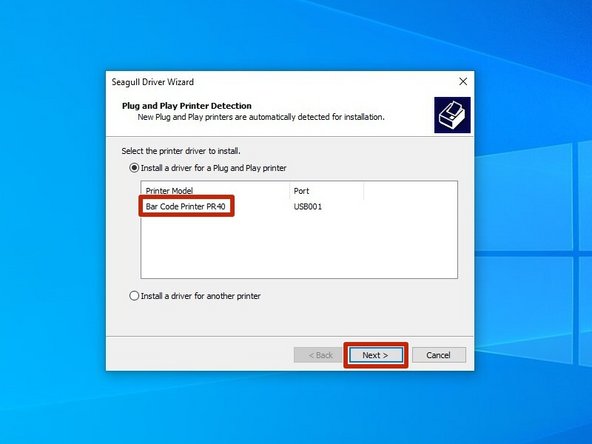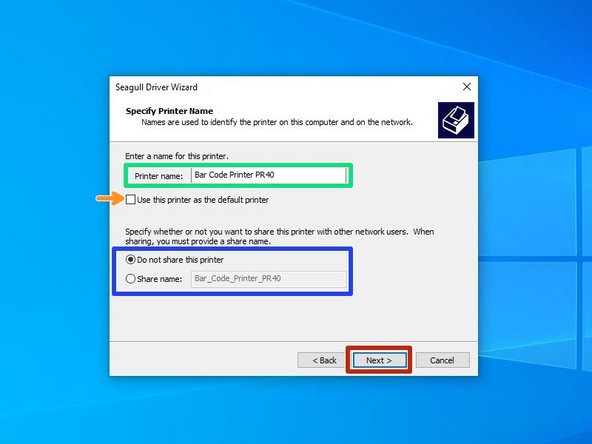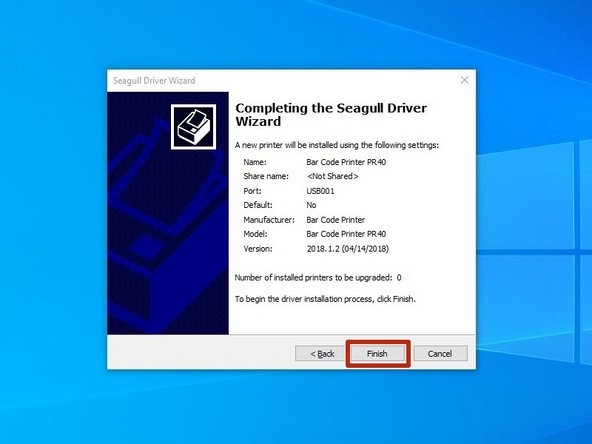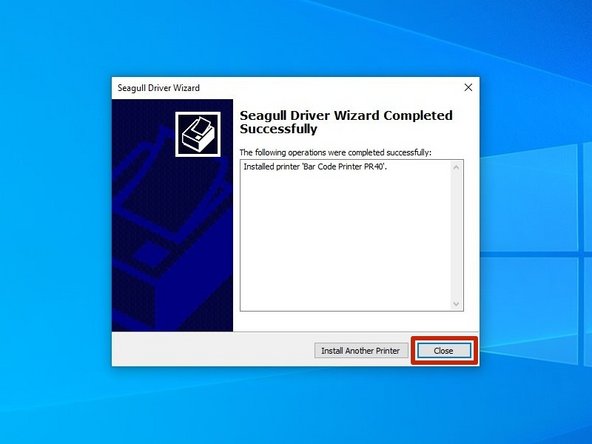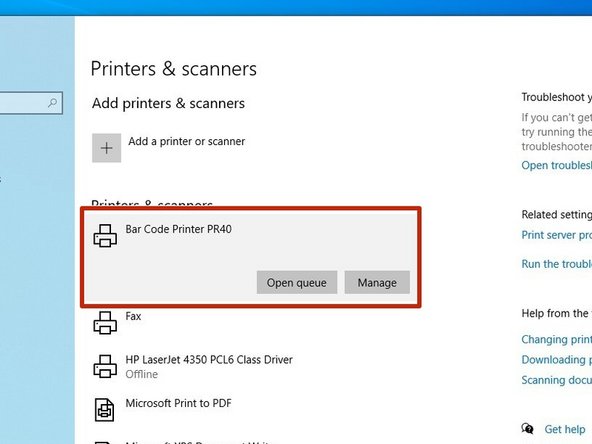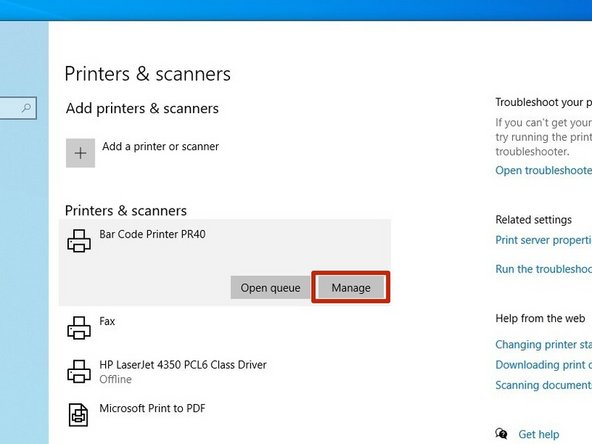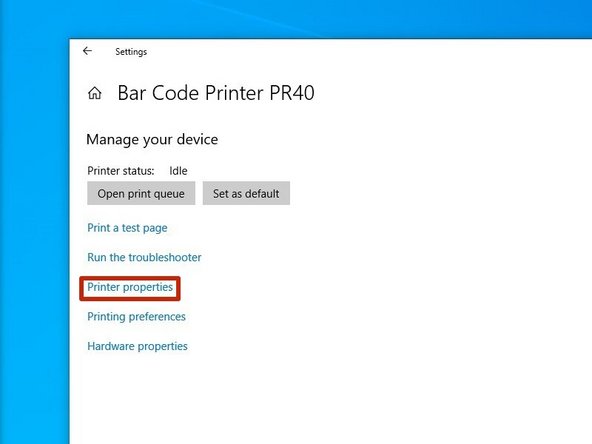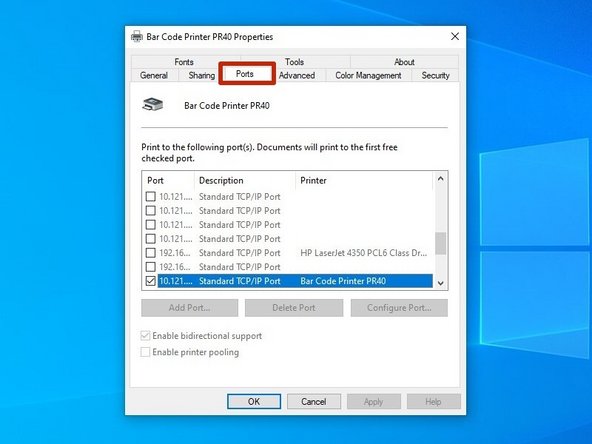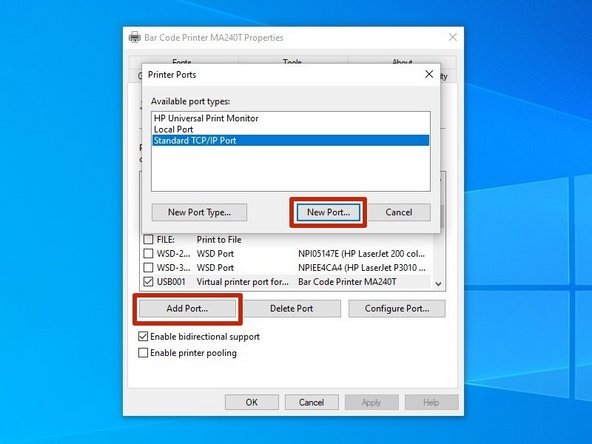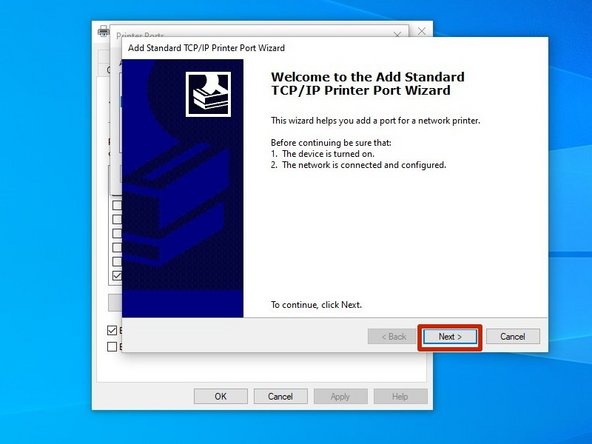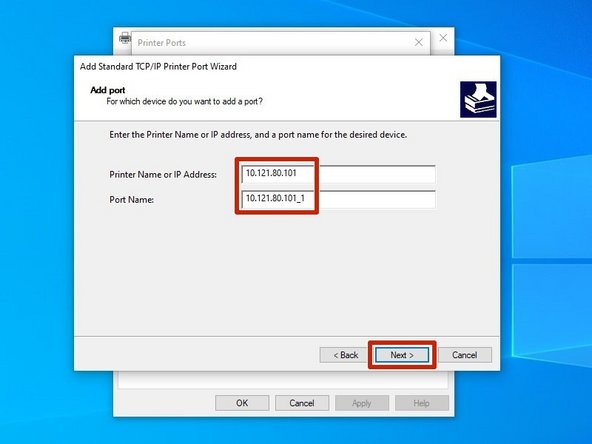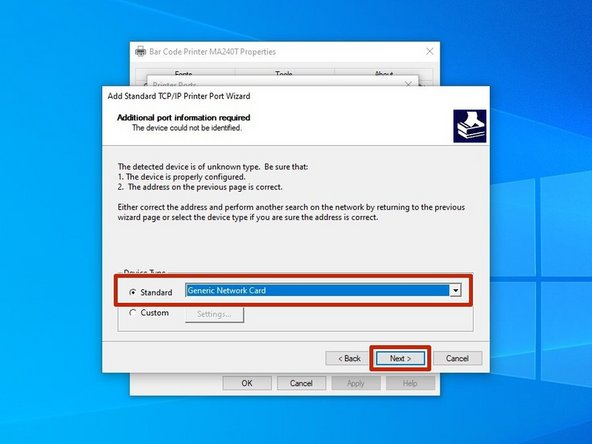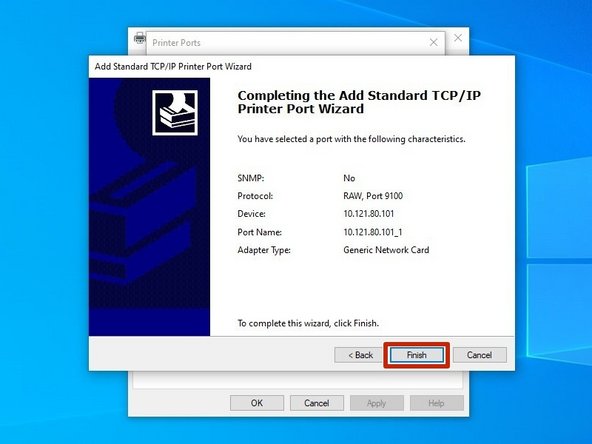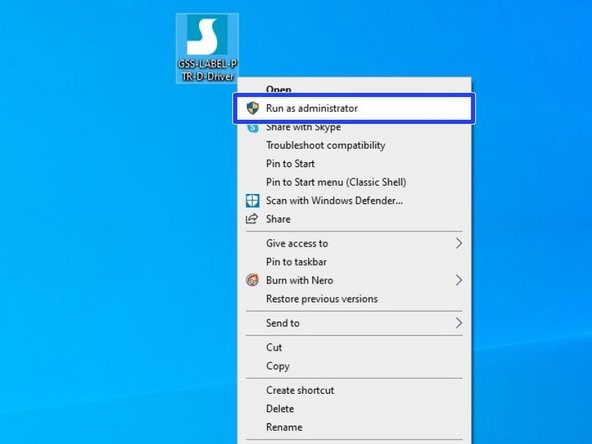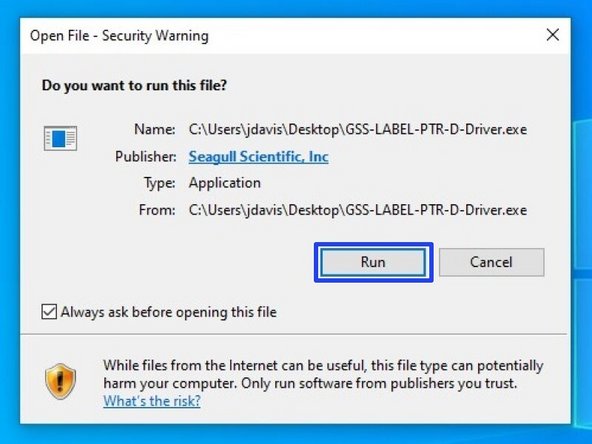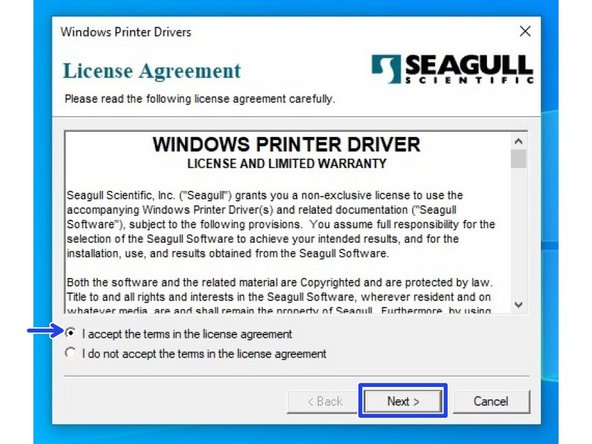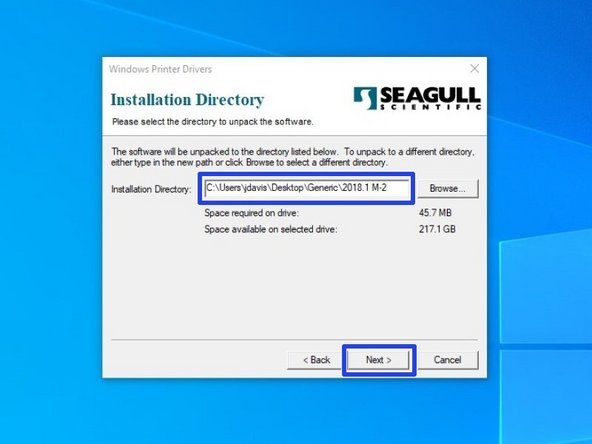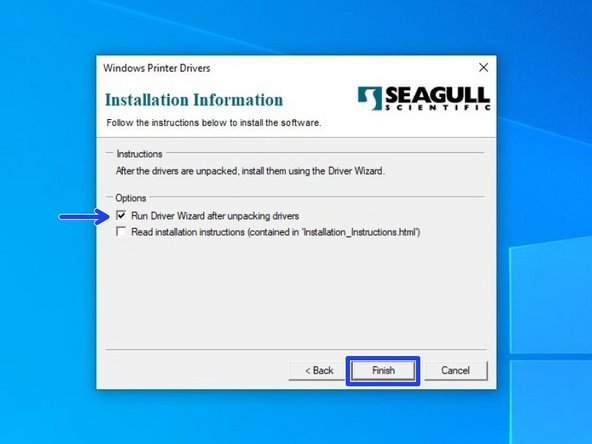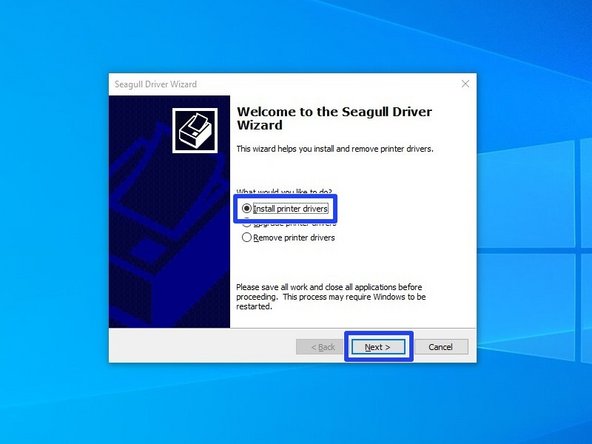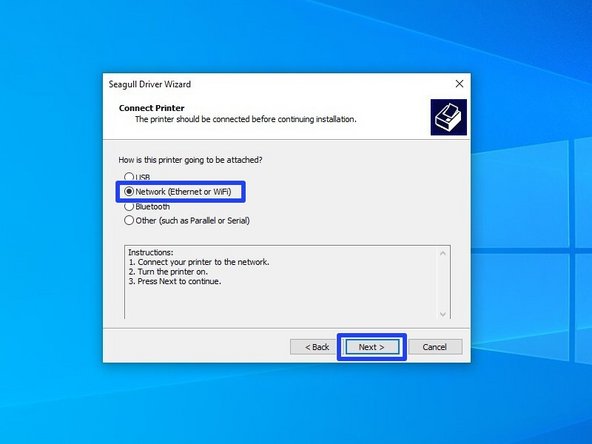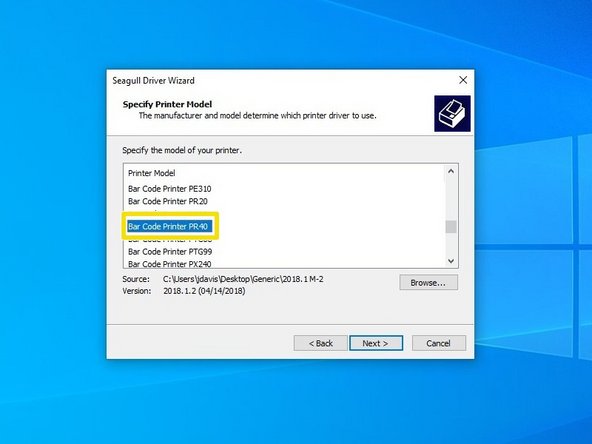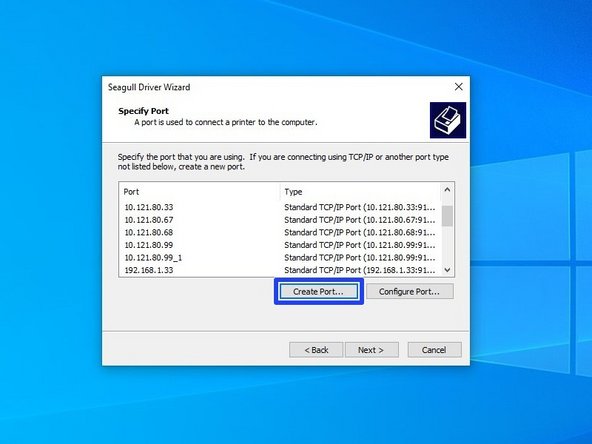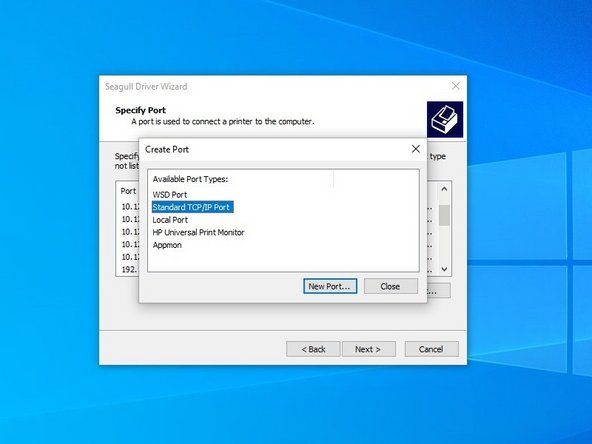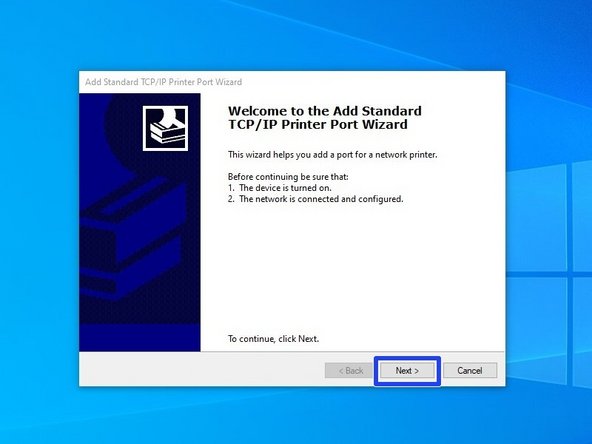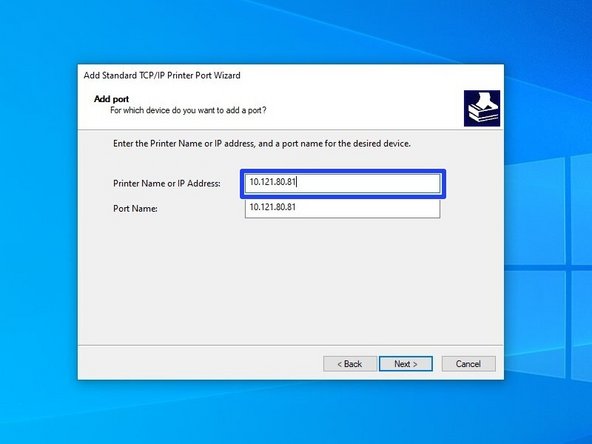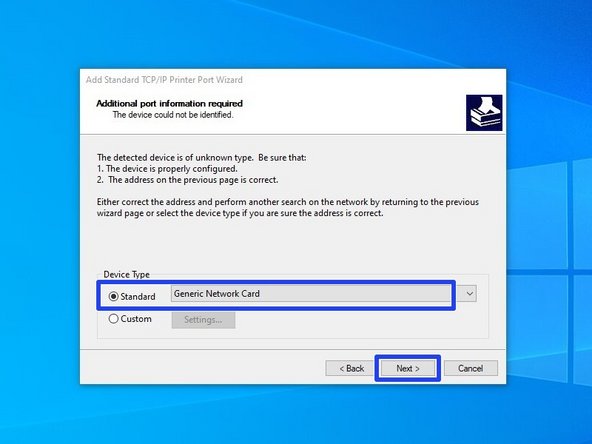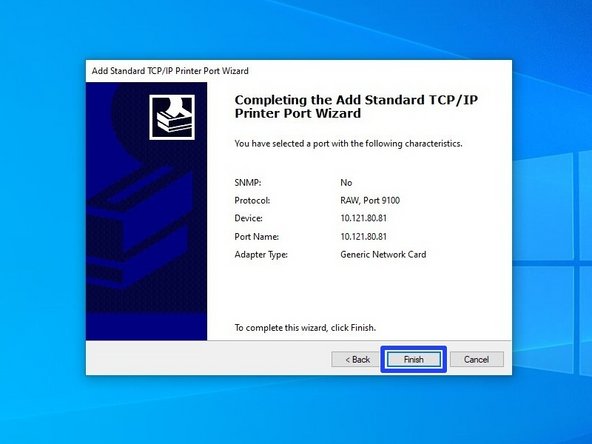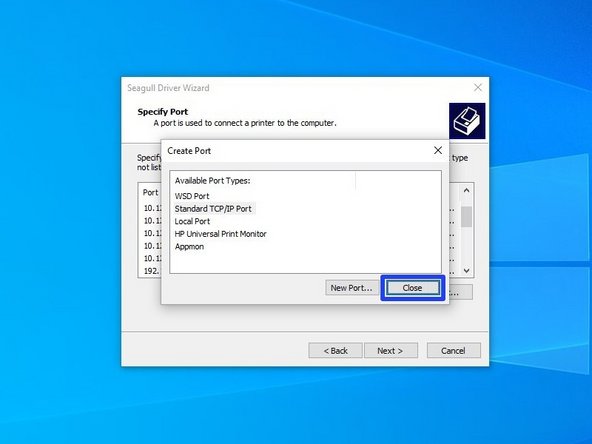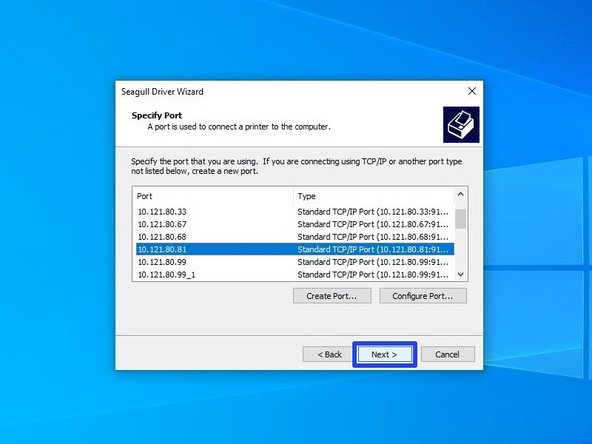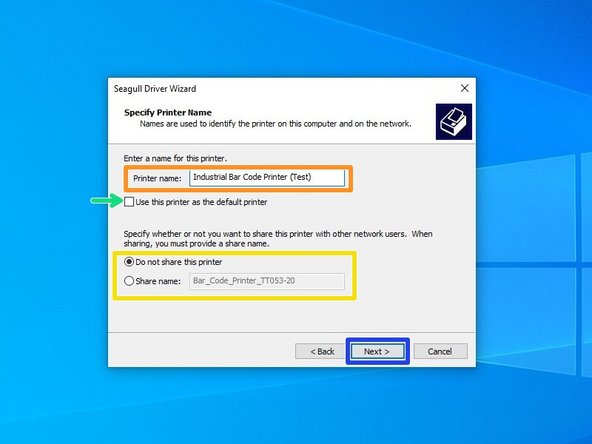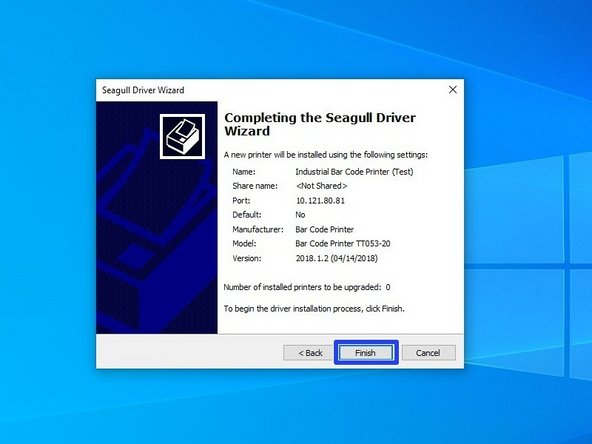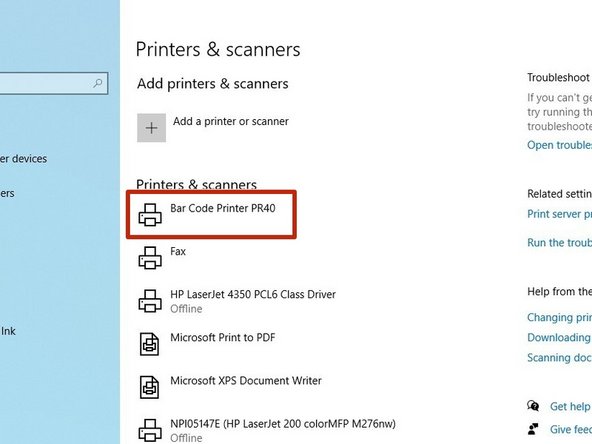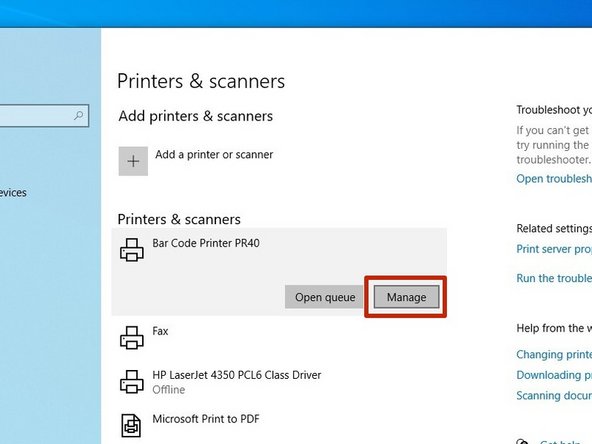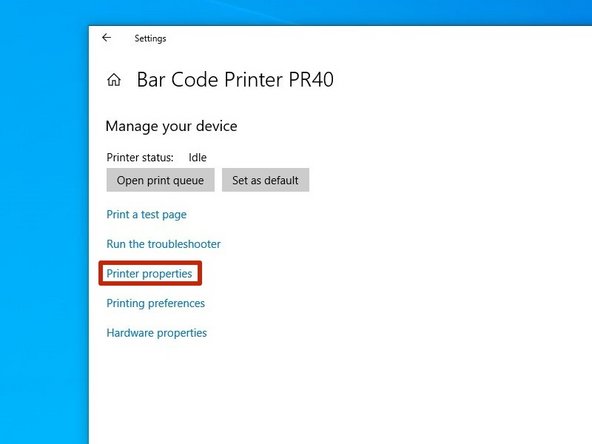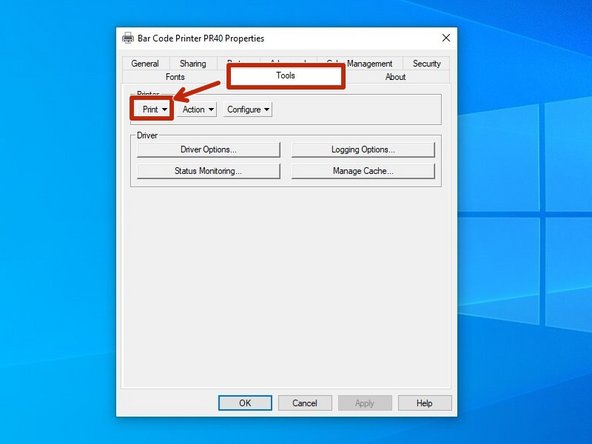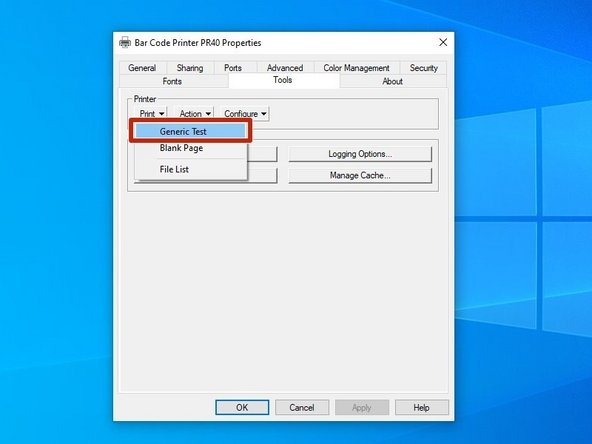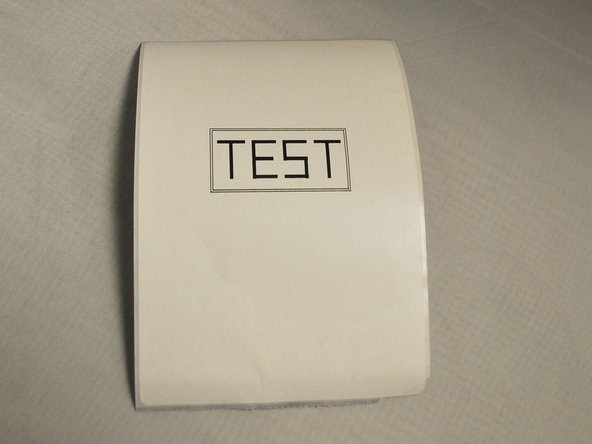Introduction
This guide will show you how to load the correct drivers for your GSS Mobile printer, either via a USB cable, or over a wireless network connection.
Download the driver installer here.
PR40
-
-
-
Before running the driver program, please make sure you have connected the printer using the provided USB cable.
-
After downloading the driver program, right click the program and click "Run as Administrator."
-
If the security warning window opens, click "Run" to run the program.
-
Review the EULA. If you agree to the terms of use, select the appropriate response and press the "Next" button.
-
-
-
Review the installation destination , and change if desired. Click "Next" to continue.
-
Select the option to "Run Driver Wizard...," the second option is not necessary. Then click "Finish."
-
After installation is completed, the Driver Wizard will start. Choose the option to "Install printer drivers" and click "Next."
-
-
-
If you have connected the printer via USB prior to downloading and installing the drivers, your computer will automatically detect the printer. Click "Next" to continue.
-
If you did not connect the printer prior to installation, close the program, connect the printer, and re run the program from the location where you saved it to restart the process.
-
There are some options that can be customized before completing installation. You can choose to rename the printer (Green), check it as the default printer for this computer (Orange), and make it visible on your network through your PC with a specific name (Blue). Hit "Next" to continue.
-
For standard setup, we recommend against setting the printer as default or sharing it. If you know what you're doing, adjust the settings as you please.
-
-
-
Confirm setup options before hitting "Finish." If anything needs to be changed, press "Back."
-
You may receive a security warning from Windows. If you do, choose the option to "Install."
-
Once the installation has been completed, hit the "Close" button.
-
Check your Devices and Printers in Windows to verify setup has been completed.
-
-
-
These next few steps (6 to 8) show how to set up a network port for the printer. If you're setting it up via USB because you haven't connected the printer to the network/assigned the printer an IP, you'll need to do that first. See the previous guide, "04 - Assigning an IP" to see how.
-
Select the printer you just installed, and click "Manage."
-
In the next window, choose "Printer Properties."
-
At the top of this new menu, click "Ports."
-
-
-
Click "Add Port," and then in the new window, select "Standard TCP/IP Port." Click "New Port" to confirm the selection.
-
This should open a port wizard; hit "Next."
-
In the Printer Name box, type the printer's IP address. It should automatically fill in the same number in the field for "Port Name." Hit "Next."
-
-
-
Make sure "Generic Network Card" is selected, and hit "Next."
-
Review the settings, then hit "Finish" to confirm and make the port.
-
Go to Step 15 to test the port and make sure the drivers installed correctly.
-
-
-
Steps 6-9 explain how to install drivers for a printer that is connected to your PC over a wireless network. If your printer is plugged directly into your computer, please see steps 2-8.
-
After downloading the driver program, right click the program and click "Run as Administrator."
-
If the security warning window opens, click "Run" to run the program.
-
Review the EULA. If you agree to the terms of use, select the appropriate response and press the "Next" button.
-
-
-
Review the installation destination, and change if desired. Click "Next" to continue.
-
Choose to "Run Driver Wizard...,"; the second option is not necessary. Then select "Finish."
-
After installation is completed, the Driver Wizard will start. Choose the option to "Install printer drivers" and click "Next."
-
-
-
Choose the option for "Network (Ethernet or WiFi)," then click the "Next" button.
-
Scroll down until you find the Printer Model "Bar Code Printer PR40." Click on it, and while it is highlighted, click the "Next" button.
-
Select the option to create a port.
-
-
-
Select "Standard ICP/IP Port," and then click "New Port."
-
Make sure the printer is turned on, connected to the network, and configured, then select "Next." If you've followed our other guides so far, you should be good.
-
In the Printer Name box, type the printer's IP address. It should automatically fill in the same number in the field for Port Name. Hit "Next."
-
-
-
Select the option for "Standard" device type, and from the drop-down menu select "Generic Network Card" - this is the built-in network card of the printer. Then hit "Next."
-
Review the selections, then hit "Finish."
-
Once the wizard is one making the port and closes, click "Close" to close the "Create Port" window as well.
-
-
-
Select the new port you just made, and hit "Next."
-
There are some options that can be customized before completing installation. You can choose to rename the printer (Orange), check it as the default printer for this computer (Green), and make it visible on your network through your PC with a specific name (Yellow). Hit "Next" to continue
-
For standard setup, we recommend against setting the printer as default or sharing it. If you know what you're doing, adjust the settings as you please.
-
Confirm setup option before pressing "Finish." If anythings needs to be changed, press "Back.:
-
You may receive a security warning from Windows. If you do, choose the option to "Install."
-
-
-
At this point, make sure to unplug any cables directly connecting the printer to the computer, so that they are only connected via the network. This is to make sure that you can print through the port you just set up.
-
Open the "Printers & Scanners" menu in Windows. Click on the printer we just set up a port for.
-
Click on "Manage."
-
Click on "Printer Properties."
-
-
-
Click on the "Tools" tab at the top, then click on the "Print" option.
-
From the drop-down menu, select "Generic Print."
-
The printer should print a test sheet like the one pictured. If the test page printed over the network, that means the port you set up is working. If the page doesn't print, go back through this guide and the previous guide (04 - Assigning an IP to your printer.)
-




